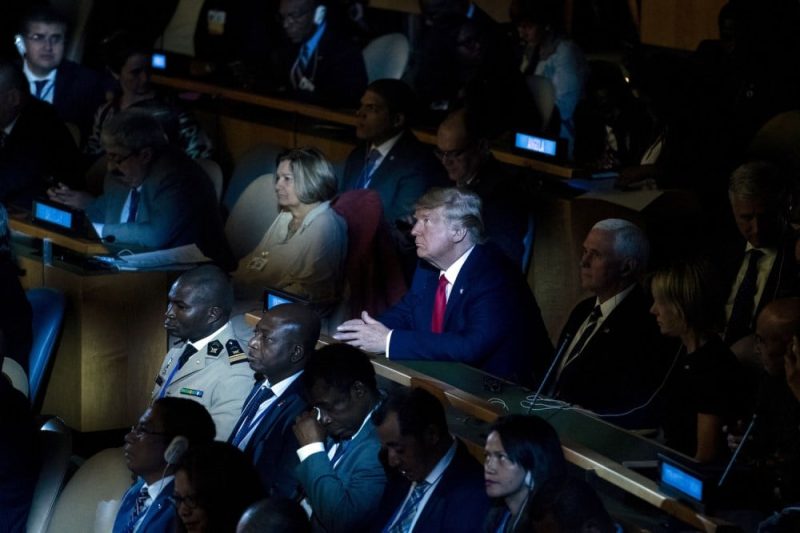
You might assume a realist, someone who prioritizes power above all else, would scoff at the idea of global rules and institutions. After all, isn’t the pursuit of national interest, often through the accumulation of power, the core tenet of realism? Surprisingly, the answer is more nuanced than that. A strong case can be made that even from a purely realist perspective, a framework of global rules and regulations is not only beneficial but essential for long-term stability and the advancement of national interests.
The absence of global rules creates a volatile and unpredictable international environment. A world governed solely by the pursuit of power, unchecked by any overarching framework, is a world prone to conflict and instability. This constant struggle for dominance diverts resources from other crucial areas, like economic development and social progress, ultimately hindering the advancement of national interests. The costs of constant competition – military build-ups, diplomatic skirmishes, and potential large-scale conflicts – far outweigh the potential gains for any single nation.
Global rules, however imperfect, provide a degree of predictability and order. They establish a baseline of acceptable behavior, reducing uncertainty and fostering cooperation in areas of mutual interest. This is particularly true in areas like trade, environmental protection, and disease control, where collective action is crucial to achieving desired outcomes. Even powerful nations benefit from this predictability, as it allows for more effective long-term planning and resource allocation.
Furthermore, global institutions, while often imperfect and subject to manipulation, can serve as platforms for negotiation and conflict resolution. They provide a forum for dialogue and diplomacy, helping to manage disagreements and prevent escalation. This doesn’t mean that power dynamics are irrelevant; they still play a significant role. However, a structured environment allows for the management of those dynamics, reducing the likelihood of outright conflict.
Of course, the design and implementation of global rules are critical. They need to be fair, transparent, and reflect the interests of all stakeholders, not just the powerful few. The enforcement mechanism also needs to be effective, ensuring that violations are addressed and deter future transgressions. But the inherent imperfections of such a system shouldn’t be used as an excuse to reject the concept entirely. The alternative – a world of unchecked power struggles – is far more dangerous and ultimately less beneficial, even for the most powerful nations.
In conclusion, while realists prioritize national interest and the pursuit of power, a well-structured system of global rules and regulations is not antithetical to these goals. Instead, it provides a framework for managing power dynamics, promoting stability, and facilitating cooperation, ultimately contributing to the long-term advancement of national interests in a more predictable and less dangerous world.










